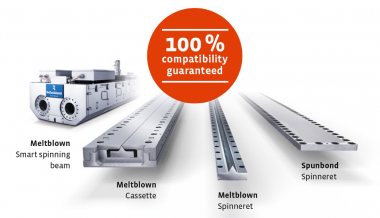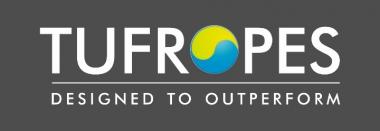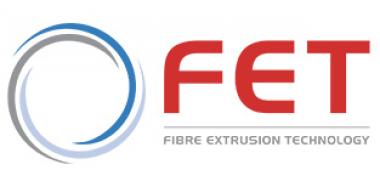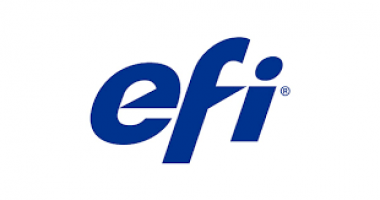Indorama Ventures included in the Dow Jones Sustainability Indices (DJSI)
Indorama Ventures Public Company Limited (IVL), a global sustainable chemical company, announced its inclusion in the Dow Jones Sustainability World Index (DJSI World) and the Dow Jones Sustainability Emerging Markets Index (DJSI Emerging Markets) for the third and fifth consecutive year respectively. The successive years of DJSI inclusion reflect IVL’s strong commitment to sustainability with globally recognized industry best-in-class practices.
This year, 139 chemical companies were selected from more than 11,000 companies from 61 industries and about 5,300 companies eligible for S&P Global ESG indices. IVL ranked in the 97th percentile with full scores in the areas of environmental and social compliance, enabling policies through industry associations, human rights protections in the workplace and value chain, and sustainable water management including forecasting potential water related risks in operations.
Yash Lohia, Chief Sustainability Officer at Indorama Ventures, said, "As a global leader, this is an important milestone in our operations as we transform the chemical industry. Our inclusion in the DJSI for the fifth year running is a tribute to how IVL’s operations are contributing to a more sustainable future. Our strategy includes focusing on climate action, aligning with the world's net zero ambitions, strengthening the circular economy and PET recycling with our ambitious targets, and enhancing shared value with our stakeholders.”
The Dow Jones Sustainability Indices (DJSI) are a global benchmark for sustainability-driven companies, evaluating material governance & economic, environmental and social factors.
Indorama Ventures Public Company Limited
























